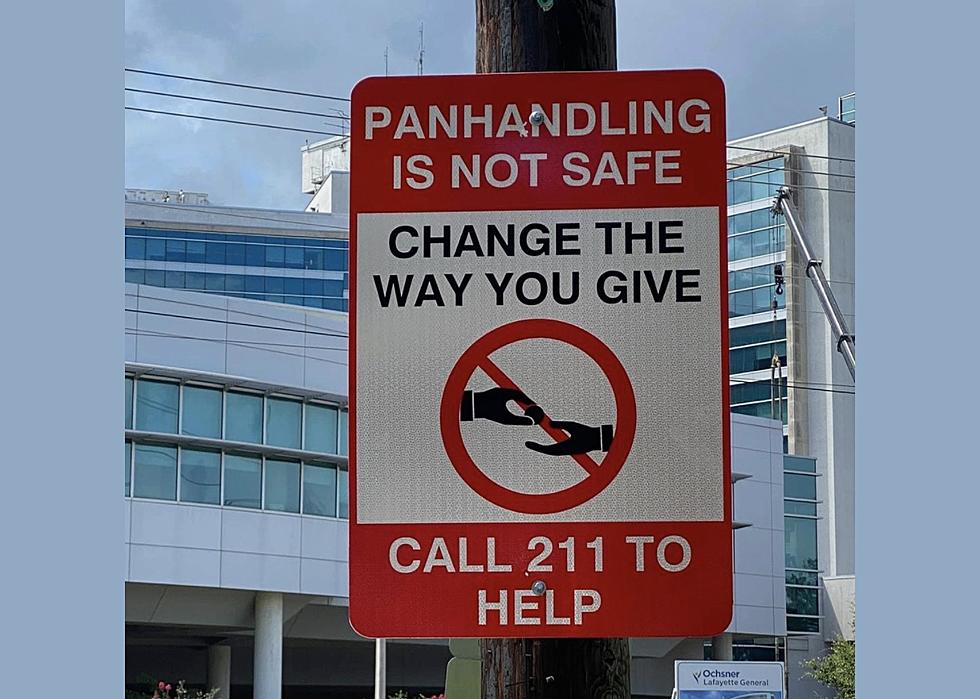
Judge Dismisses Curb Records’ Latest Lawsuit Against Tim McGraw
There's some good news for Tim McGraw that spells bad news for his former label, Curb Records. The two sides have been embroiled in years of legal battles, and the latest victory falls in favor of the country singer.
A U.S. District Court has dismissed Curb's latest lawsuit against McGraw and his new label Big Machine Records.
The Tennessean reports that a federal court declined to hear the Curb case, and that the District Court judge administratively closed it until a decision is made regarding the copyright of music that McGraw recorded. That suit was filed in Tennessee state court.
Scott Borchetta, the president and CEO Of the Big Machine Label Group, issued a statement after learning of the news Friday (Aug. 9).
"We’re very pleased that the District Court has dismissed Curb Records’ lawsuit against Tim McGraw and Big Machine Records," Borchetta remarks. "Our number one goal and intention at the Big Machine Label Group is to sign great artists with great vision and do everything in our power to create an environment for them to do their best work."
He went on to praise McGraw and his performance as a Big Machine artist thus far, adding, "Since Tim McGraw has been a member of Big Machine Records, everyone has witnessed an incredible surge in popularity and demand for his musical releases and live performances. His sales and airplay results rival the best of his career. And we're just getting started…"
The battle between McGraw and Curb been festering for quite some time. His former label initially accused him of breaching his contract, delivering his final album under said contract -- that'd be 'Emotional Traffic' -- too early. The label also filed a lawsuit over copyrights, claiming that the songs that populate McGraw's Big Machine debut 'Two Lanes of Freedom' were recorded while he was still signed to Curb, making them the rightful owner. The label tried to block him from signing with Big Machine, as well.
McGraw counter-sued, arguing that Curb released multiple greatest hits albums in order to force him to have to remain with the label even longer than he wanted, as he was supposed to fulfill the contractually-obligated 18 months between albums.
That’s the Reader's Digest version of a messy, messy dispute.
More From 97.3 The Dawg
![See Inside 15 Country Singers’ Most Spectacular Southern-Style Homes [Pictures]](http://townsquare.media/site/204/files/2020/10/attachment-country-singers-southern-homes-pictures.jpg?w=980&q=75)









